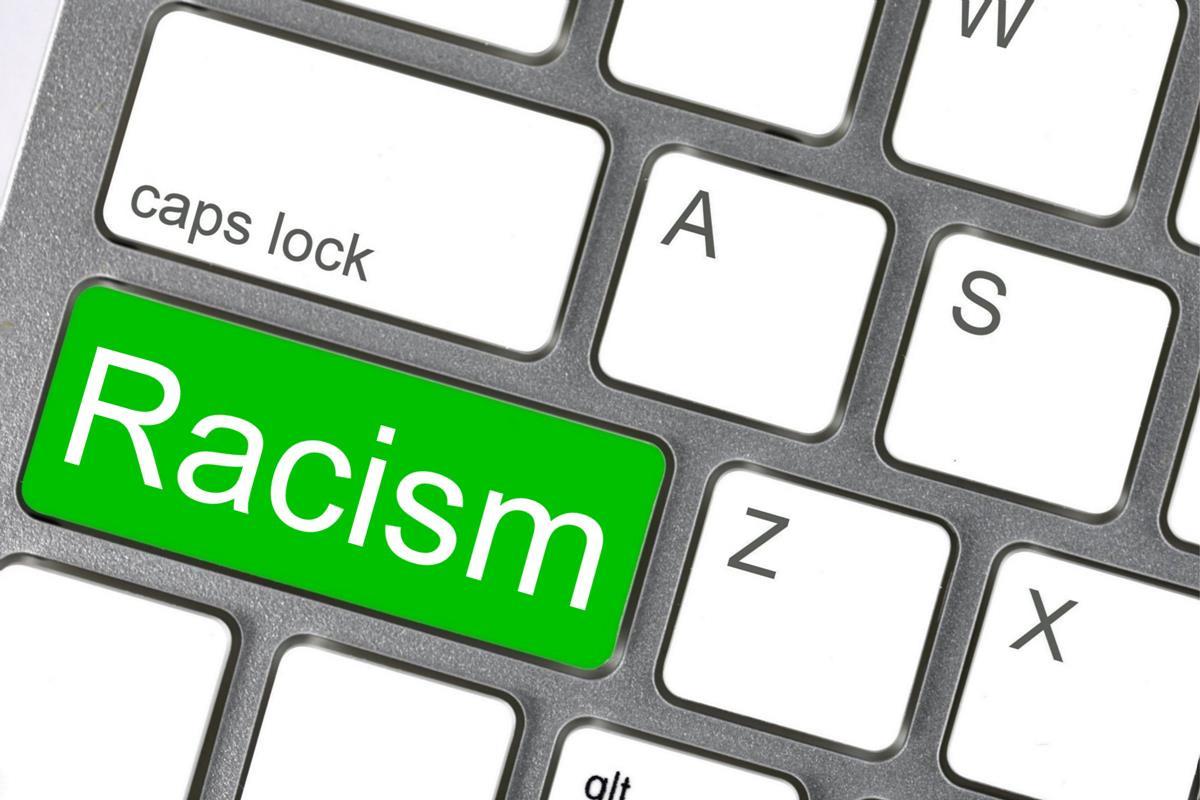Florida's Fight Against Racism: Right Formula, Wrong Answer
We’re getting the wrong policy answers—but the moral formulas are on the money.

This piece was originally published at The Unafraid on Substack.
Lawmakers in Florida are gearing up to pass a bill that, frankly, feels like a right-wing power fantasy: making mere accusations of racism punishable as defamation. By removing the “actual malice” requirement for a defamation lawsuit, Senate Bill 1780 would change Florida law, in part, by treating allegations of racism, sexism, and homophobia as actionable defamation “per se.”
Unsurprisingly, it’s running into some hurdles from that cadre of American radicals who still believe in the First Amendment: “Both this latest Senate bill and its counterpart in the state House blatantly and repeatedly violate constitutional precedent,” writes Reason’s Emma Camp. On the partisan side, Florida state representative Anna Eskamani lambasted the bill as an “attempt…to chill free speech in the ‘free’ State of Florida.” The bill, while controversial, represents a true challenge to the contemporary American understanding of the First Amendment, and for good reason.
Yet, as critics paint it as a nakedly censorious attempt to erode historic American freedom of expression, the bill spotlights a broader cultural point: It’s far too easy to forget that accusations of racism and sexism should actually be a big deal.
It’s a truth that implicates both sides of our political and cultural war. At its worst, the right takes the overuse of terms such as racist, sexist, and homophobic to mean that all such accusations are most likely false. It’s an understandable reaction—if everything from online gaming to toilet paper marketing to Dunkirk is racist, it’s only a matter of time before the term loses all moral impetus. Against the spirit of the age, however, it’s on us to remember that true racists exist even in an age where accusations of racism are flying thick, fast, and way too often.
Conversely, the left, at its worst, has been frustratingly complicit in the overuse of the r-word (no, not that one). This participation is on full display every time actors on the left dismiss Vice President Kamala Harris’ low approval ratings as stemming from racist hate instead of voters’ sincere belief that she is, to borrow the social science term, bad at her job. As a voter of color, this kind of obfuscation fuels my frustration with the Democratic Party—and no, “at least they’re not trying to make calling someone racist a crime” is not a persuasive or loyalty-inducing comeback.
Please help us in our efforts to provide thought-provoking content by offering a donation to The Freemen Foundation.
The debate over American racism could, and should, have been a debate over how to root out the last vestiges of prejudice from public life and consign the effects of Jim Crow to the ash heap of history. Today, it’s abundantly clear that the debate has shifted—and not for the better. Accusations of racism, sexism, and homophobia aren’t always true—but they’re also not so universally false that we require the coercive power of the state to put a stop to them. For Americans of all colors capable of independent thought (that is to say, all of them), this is a simplistic and small-minded way to view such an important issue. But, in the name of retaining what little remains of America’s heart and shared moral character, don’t let this insulting binary distract from the truth we should all be able to easily understand.
Words matter—especially the words we use for our enemies. Racism is a serious accusation. Sexism is a serious accusation. While we can have legitimate debates over the role that both play in modern American society, we cannot afford to let the language used to describe pernicious and transcendent forms of social evil become trite, partisan, or a club to wield against political rivals. If language continues to become a casualty of the culture war, it’s only a matter of time before America becomes more litigious, angry, and morally calcified than ever.
Isaac Willour is an undergraduate student at Grove City College, where he studies Political Science and Government. He is an award-winning journalist focusing on race, culture, and American conservatism and has contributed to the Acton Institute, The Dispatch, National Review, USA Today, The New York Times, and the Wall Street Journal. @IsaacWillour



